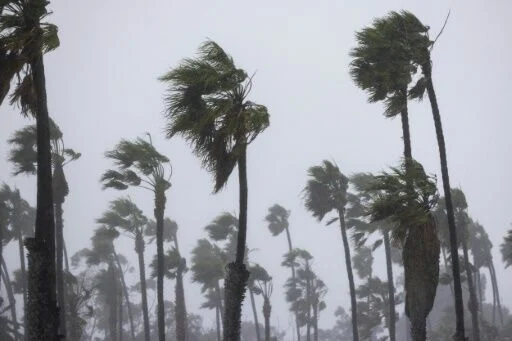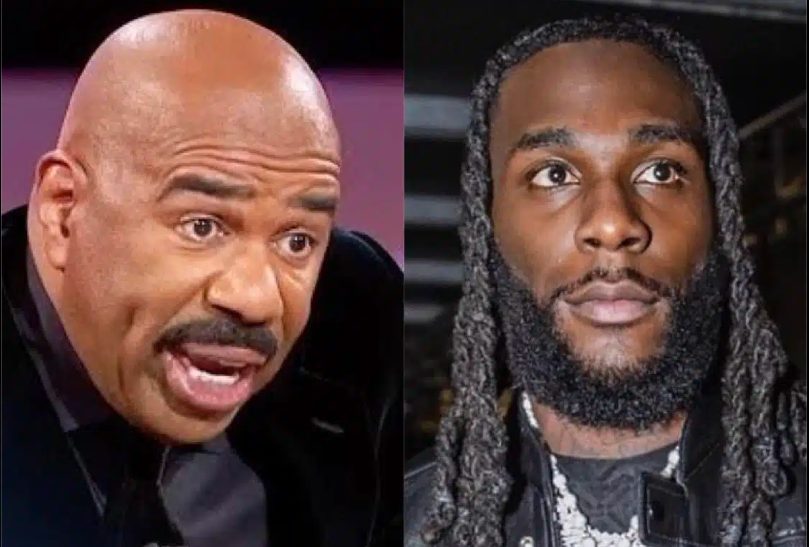US Appeals Court Denies Trump Presidential Immunity, Clears Path for Prosecution
A Federal appeals court in the United States has ruled against former President Donald Trump’s claim to presidential immunity, paving the way for potential prosecution regarding alleged crimes committed during his presidency. The court’s decision signifies a significant legal setback for Trump, who had argued that he was immune from criminal charges related to his actions as president.
The court’s ruling explicitly states that Trump, now a private citizen, can be prosecuted like any other individual for alleged offenses committed during his tenure as president. It dismisses the notion of executive immunity that Trump had asserted, emphasizing that he is subject to the same legal scrutiny as any other defendant.
With this decision, Trump faces the possibility of prosecution in multiple criminal cases, totaling 91 charges across four separate trials. The outcomes of these cases could have significant repercussions on Trump’s business ventures and political ambitions, potentially barring him from future electoral participation if found guilty.
The ruling underscores the transition of Trump from President to private citizen, stripping away any special protections afforded to him while in office. This legal clarity sets the stage for legal proceedings against Trump in various jurisdictions.
The impact of this decision extends beyond Trump’s personal legal battles. It raises questions about his political future, as potential convictions resulting from these cases could preclude his candidacy in future elections. The legal battles ahead will likely shape the trajectory of Trump’s post-presidential career.
Trump’s legal challenges reflect the broader debate over accountability and presidential authority, highlighting the principle that no individual, regardless of their former position, is above the law.








